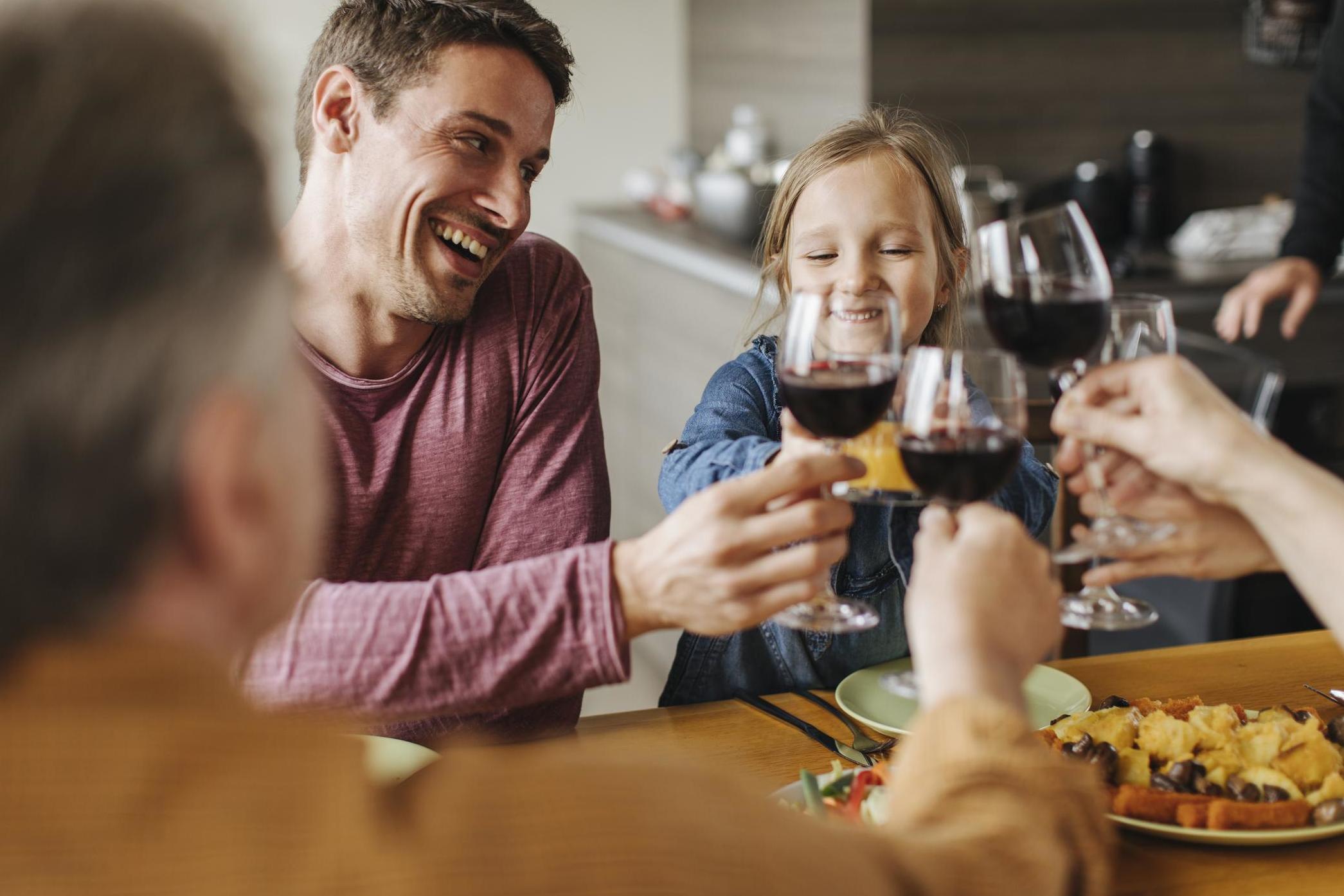Children who are allowed to drink alcohol more likely to binge drink later in life
Nearly half of parents think children should be introduced to alcohol before they turn 15

Your support helps us to tell the story
From reproductive rights to climate change to Big Tech, The Independent is on the ground when the story is developing. Whether it's investigating the financials of Elon Musk's pro-Trump PAC or producing our latest documentary, 'The A Word', which shines a light on the American women fighting for reproductive rights, we know how important it is to parse out the facts from the messaging.
At such a critical moment in US history, we need reporters on the ground. Your donation allows us to keep sending journalists to speak to both sides of the story.
The Independent is trusted by Americans across the entire political spectrum. And unlike many other quality news outlets, we choose not to lock Americans out of our reporting and analysis with paywalls. We believe quality journalism should be available to everyone, paid for by those who can afford it.
Your support makes all the difference.Experts have dispelled the myth that introducing children to alcohol at an early age will take away the novelty of it and prevent them from becoming heavy drinkers as adults.
In fact, the opposite may be true, claim health campaigners, citing evidence which shows that children who start drinking earlier are more likely to binge drink later on in their lives.
In a campaign called What’s the Harm, medical officials are urging parents to delay introducing their children to alcohol as much as possible, insisting that no child should drink at all before the age of 15.
Colin Shevills, director of the alcohol awareness group Balance, is calling on parents to abide by guidelines published in 2009 by the chief medical officer for England, Liam Donaldson, which says that it’s healthiest for children not to drink at all until they turn 18.
A survey carried out by Balance reveals that almost half (43 per cent) of parents think children should be introduced to alcohol before they turn 15.
"The medical advice is clear, no alcohol before 18 is the safest and best option and absolutely not before 15. It can affect brain development and is linked to mental ill health," he tells The Independent.
According to Shevills, only one in 20 adults are aware of this guidance.
"As a result, parents think they are doing the right thing by providing alcohol to their kids," he continues. "But children receiving alcohol at home are more likely to drink outside the home."
“We know from speaking to north-east parents there's a myth that providing alcohol at a young age makes children less curious, when in fact it can be a trigger for drinking," Shevills added in a statement.
"People mention the French way of giving children alcohol – but France actually has twice the rate of alcohol dependence of the UK.”
"We found that a lot of parents were not aware of official guidance around children, and were more likely to call on their own experiences growing up when making decisions about alcohol."
A study published in The Lancet Public Health journal in January revealed that parents who have alcohol to their teenagers increased the risk of them encountering alcohol-related problems as adults, leading researchers to say that giving children alcohol is “not a good idea”.
In October, Shevills issued a statement calling on the government to put an end to alcohol tax breaks in a bid to hike up the costs and make it less affordable for young people.
“Cheap alcohol continues to wreak immense damage and places a huge burden on communities in the North East, the NHS and public services.
"All of us are paying for it and with an NHS under pressure; we just cannot afford any more alcohol duty cuts.”
Join our commenting forum
Join thought-provoking conversations, follow other Independent readers and see their replies
Comments